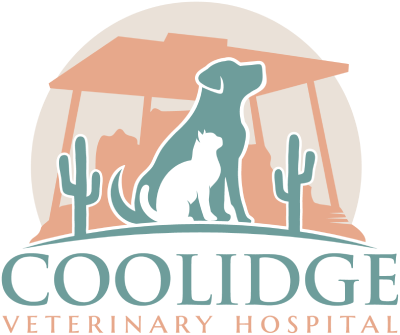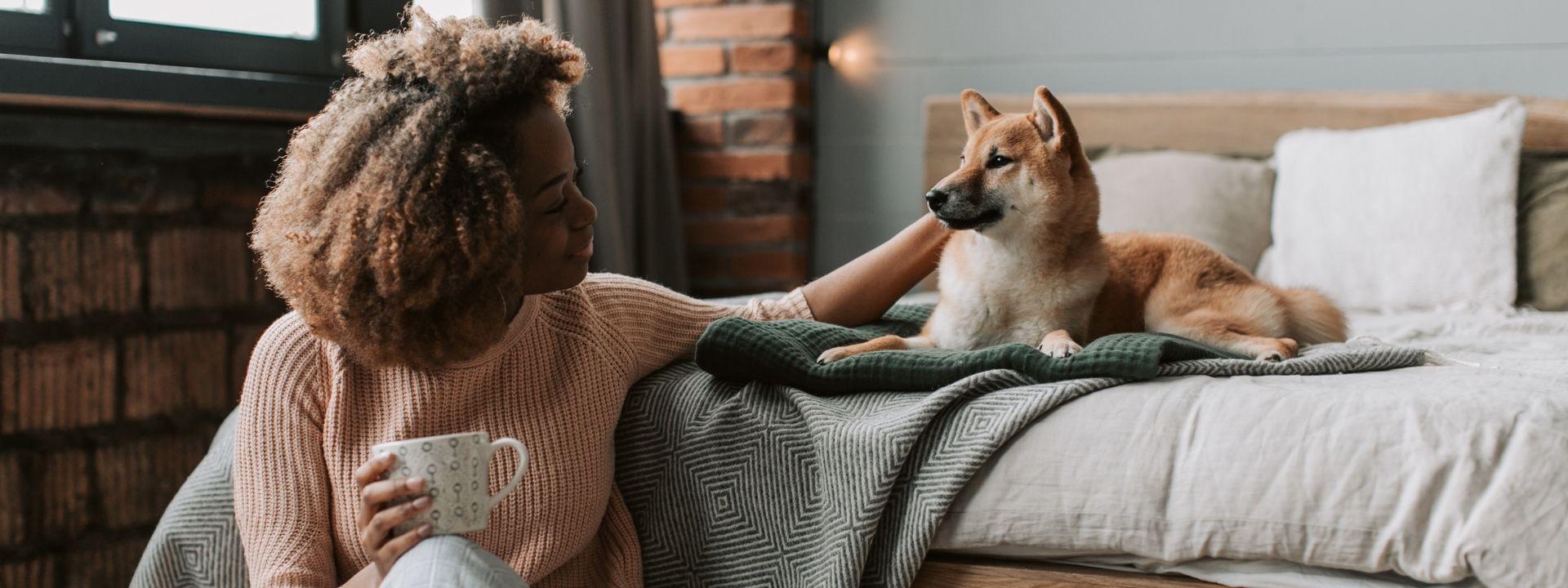As loving pet parents, we know that curiosity is one of our pets’ most endearing traits, but it can also get them into trouble. Dogs explore the world with their mouths, and cats can’t resist swatting at, chewing on, or swallowing small objects that catch their eye. While it might seem harmless at first, this curiosity can sometimes lead to a serious and even life-threatening situation called foreign body ingestion.
At Coolidge Veterinary Hospital, we’re here to help you protect your furry companions by understanding the risks, recognizing the warning signs, and taking simple steps to prevent an emergency before it happens.
What Is Foreign Body Ingestion
Foreign body ingestion happens when your pet swallows something they shouldn’t, such as a sock, bone fragment, toy, or string. These objects can get lodged in the gastrointestinal (GI) tract, creating a dangerous blockage that prevents food and water from passing through. In severe cases, sharp or large items can puncture internal organs or cause infections like peritonitis, which require urgent medical attention.
Warning Signs That Your Pet May Have Swallowed Something
The earlier a blockage is detected, the better your pet’s chances for a full recovery. Keep an eye out for these symptoms:
- Vomiting or gagging, especially after meals
- Loss of appetite or refusal to eat
- Lethargy or weakness
- Diarrhea or straining to poop
- Abdominal pain or sensitivity
- Excessive drooling or licking
- Hiding or sudden changes in behavior
If you notice any of these signs or suspect your pet may have swallowed a foreign object, contact us immediately. Quick action could save your pet’s life.
Common Household Hazards for Dogs and Cats
Even in the safest homes, pets can find unexpected things to chew or swallow. Some of the most common culprits include:
For Dogs:
- Cooked bones can splinter and cause internal damage.
- Small toy parts or squeakers can easily become lodged in the intestines.
- Clothing items such as socks or underwear are often irresistible to dogs.
- Rocks and sticks are dangerous during outdoor play.
- Trash or food scraps like corn cobs and wrappers pose high risks.
For Cats:
- String, ribbon, or thread can wrap around the intestines and cause severe injury.
- Hair ties and rubber bands are small and tempting to chew.
- Holiday decorations such as tinsel and garland are frequent hazards.
- Plants, even non-toxic varieties, can cause blockages if eaten.
- Tiny toys or craft materials can be swallowed easily.
How to Prevent Foreign Body Ingestion
You can drastically reduce your pet’s risk by taking a few proactive steps.
Pet-Proof Your Home
- Keep small items and trash out of reach.
- Store clothing, shoes, and laundry securely.
- Use pet-proof trash cans, especially in the kitchen.
Choose Safe, Durable Toys
- Select toys made for your pet’s size and chewing strength.
- Inspect toys often and replace damaged ones immediately.
- Avoid giving household objects like socks or bottles as playthings.
Supervise Playtime
- Watch young pets closely, especially puppies and kittens.
- Teach commands like “leave it” or “drop it.”
- Provide safe outlets for chewing and play.
Stay Consistent with Veterinary Care
- Schedule routine exams at Coolidge Veterinary Hospital.
- Ask about diet and enrichment ideas to discourage destructive chewing.
- Discuss any unusual habits or behavior changes with your veterinarian.
What to Do If You Think Your Pet Swallowed Something
If you think your pet has ingested a foreign object, call us right away. Do not attempt to induce vomiting unless advised by a veterinarian, as this can sometimes make things worse.
Our team may perform X-rays or ultrasound imaging to identify the object’s location and determine the safest treatment plan. Some objects can be removed endoscopically, while others may require surgery.
Coolidge Veterinary Hospital: Your Partner in Pet Safety
At Coolidge Veterinary Hospital, we know how much your pets mean to you—they’re family. Our compassionate team is here to provide trusted, expert care to keep them safe, healthy, and thriving.
If your pet is showing signs of distress or you’d like guidance on how to create a pet-safe home, contact us today to schedule an appointment. We’re proud to serve the Coolidge community with care that comes from the heart.

